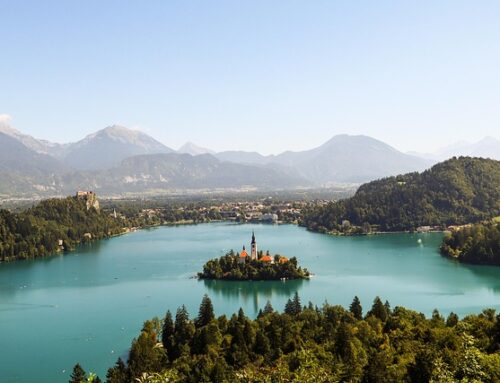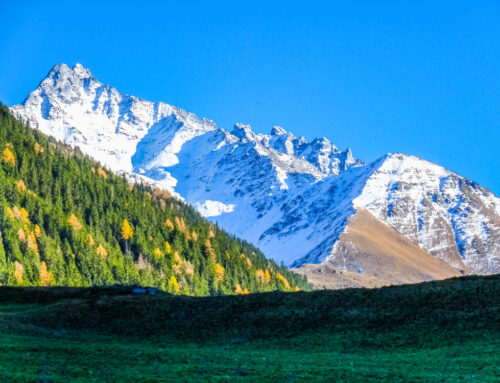Important Things To Know Before Taking Your First Safari in Africa
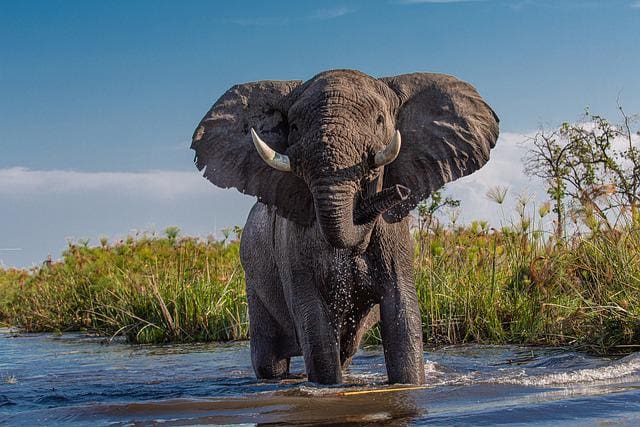
Things To Know Before Embarking On Your First African Safari
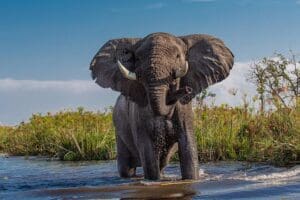
A safari is a type of experience you never forget – one that leaves you itching for more. To come into close proximity to wildlife in its natural habitat is an unmissable experience, one that everyone should aim to have on a bucket list. There are safaris across the globe, but most of them are artificial, meaning they have been manmade and filled with animals from around the world. Undoubtedly, the best place in the world to safari in Africa. Below, you’ll find a guide to help you prepare for your first African safari.
Where To Go
There are possibly thousands of safaris worldwide, but none are authentic and provide the same experience as an African safari. Still, even in Africa, there are tons of safaris. Tour guides use electric safari vehicles to journey right into the heart of bush plains to immerse tourists in the thick of what a safari is. No matter what safari you go to, tour guides are always trained and armed to protect tourists, so the electric vehicles are completely safe.
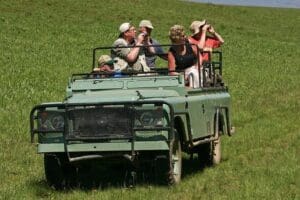
You’ve narrowed your search down to Africa, so what is the most popular safari? One of the most popular is the Kruger National Park. Located in the northeast of South Africa, it spans 19,485 km² and is known for being the location where tourists can spot the big five. Spotting the big five is a big thing in the safari world. Other popular safaris include:
- Serengeti National Park Tanzania (the most famous)
- Mala Mala Game Reserve South Africa
- South Luangwa National Park Zambia
- Okavango Delta Botswana
No matter where you go, you’re in for an incredible experience. Research the various national parks and reserves and what makes them so popular. You’ll notice that the wildlife and landscape won’t differ much, but the experience you have will.
What To Pack
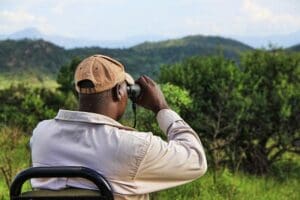
Packing for a safari holiday isn’t like packing for a typical holiday. Heels and flip-flops during the day are a no-go. Although you won’t be walking around the bush plains of Africa, it’s advised that everyone wears trainers or walking boots on a safari. Should anything happen to the vehicle you’re in, you have the appropriate footwear should you need to walk. We won’t go through your entire suitcase. Instead, we’ll list some of the absolute essentials that you should pack with you for an African safari:
- Mosquito and bug spray
- Long sleeve tops and bottoms
- A rucksack for essentials on the safari
- Earth-toned clothing
- Anti sickness medicine
- Binoculars (most safaris provide these)
- Disposable camera
- Plenty of sun protection
The items to avoid packing are black, blue, white, and bright-colored clothing. These colors often attract unwanted attention from the wildlife. Other than that, pack as you would for a normal holiday. Toiletries, evening clothes, and lotions and potions can all go in your bag like usual.
Things To Beware Of
There are many things to beware of when going on an African safari. One of them isn’t that a lion could wander into your accommodation during the night. For the most part, you’re perfectly safe on an African safari. Trained tour guides and accommodation staff know what to do to keep unwanted wildlife at bay.
One thing to beware of is the rules that the accommodation and safari guides give you. If accidents happen, they often do because safety rules weren’t adhered to. One of those rules, for example, might be not to use flash photography or to put arms and legs out of the vehicle.
Always beware of the area you’re staying in and the rules for venturing outside the accommodation. Many safari accommodations sit within national parks and reserves, meaning wandering out for a romantic walk at night is often a no-go.
One final beware, watch out for the mosquitos and various bugs that hunt humans down. It’s these you should be worried about more than whether a lion will wander into your room at night. Wear plenty of bug repellant and avoid sweet-smelling perfumes and aftershave.
The best time to go on an African safari is between June and October. Although it’s hot during these months, it’s nowhere near as hot as during the height of summer. Thus, you’re more likely to see wildlife roaming around rather than hiding away. You can, however, go on an African safari during the height of summer if you wish to. What African safari have you got your eyes on?

